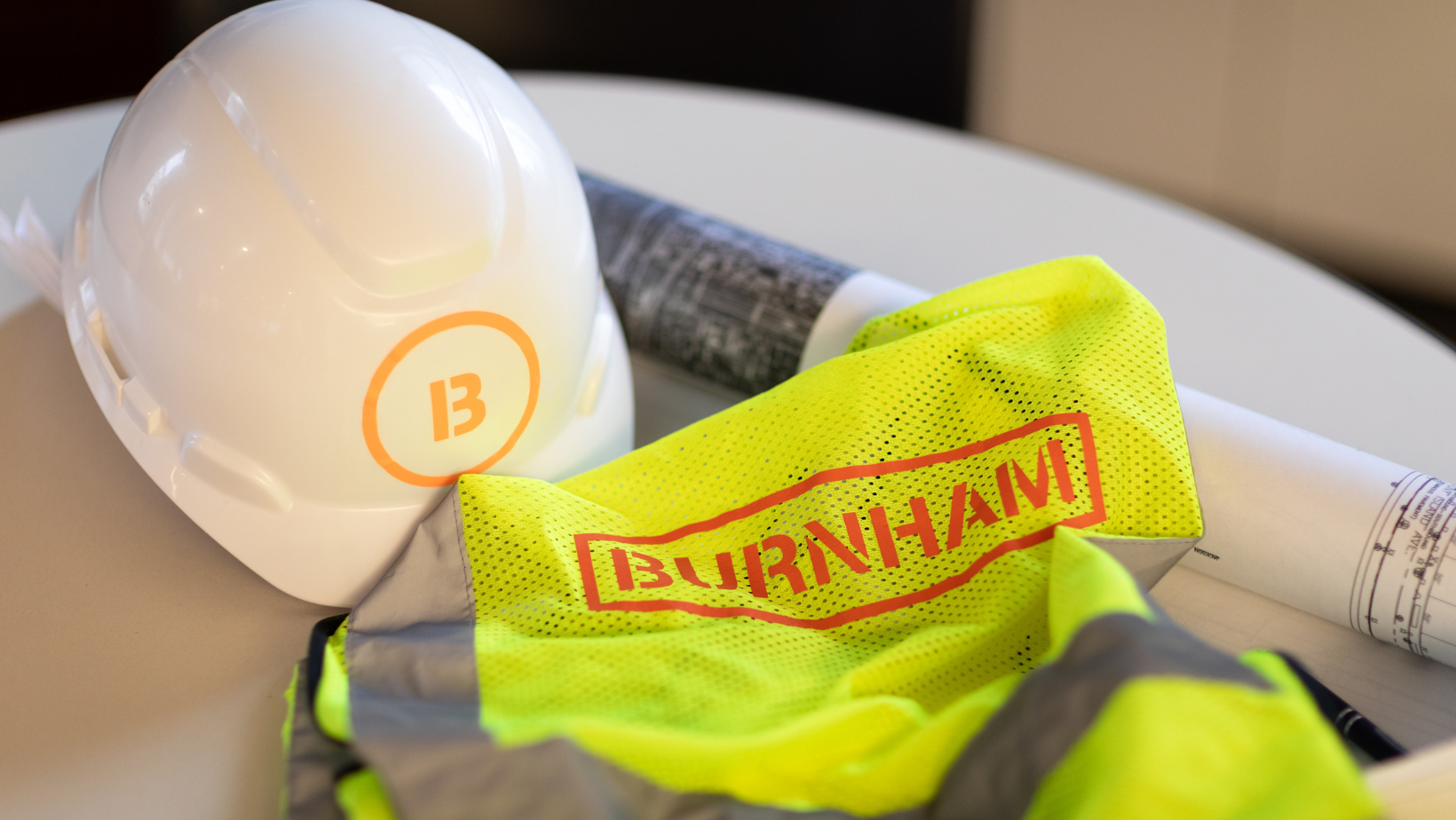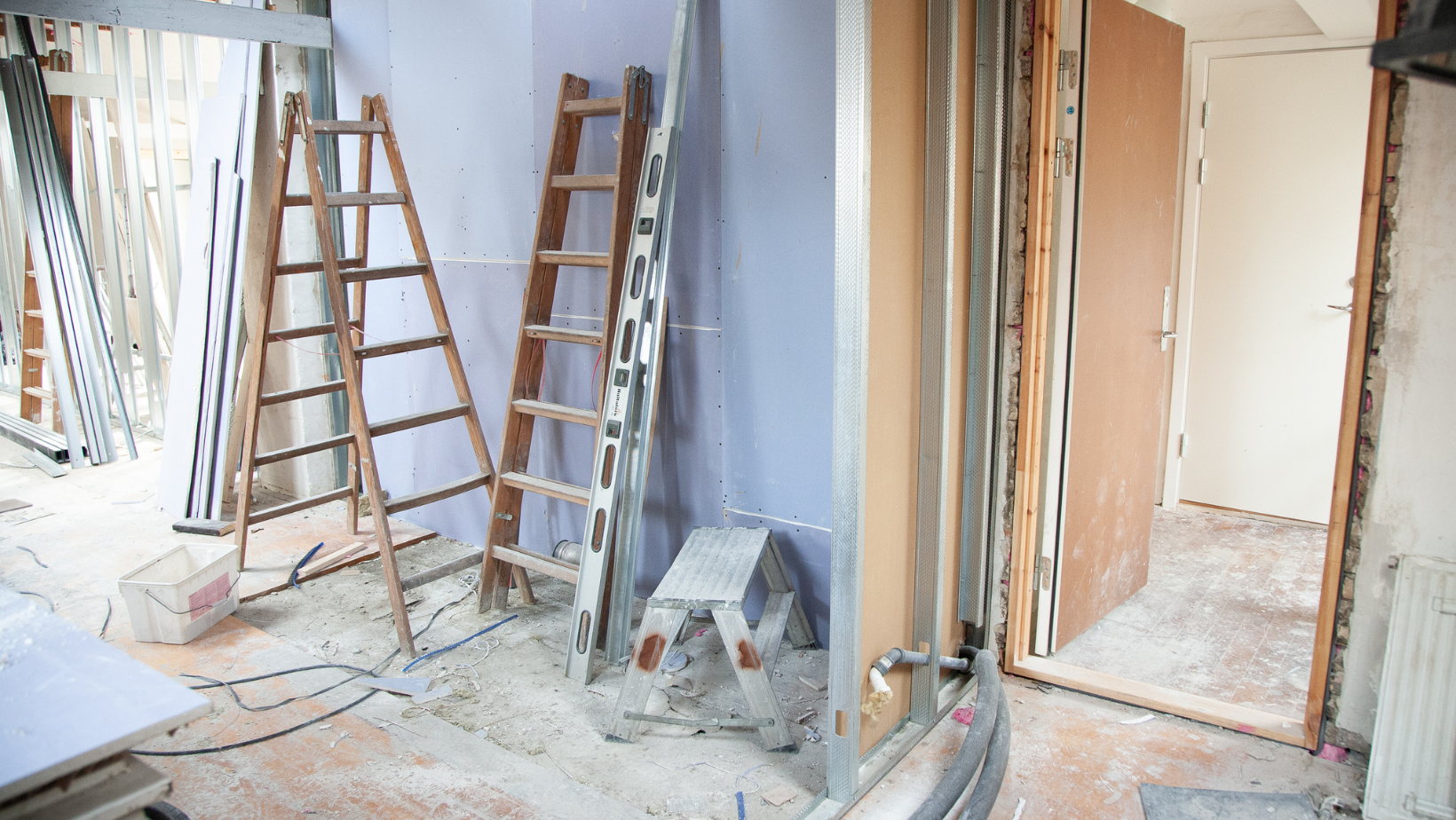Evolving Colorado Construction Defect Laws: Latest Critical Changes

Posted by Aaron Jagiel

Colorado’s problematic construction defect laws have recently seen some important developments. It has been difficult to strike a balance between protecting the rights of homeowners and the interests of developers and other construction professionals. Stakeholders have been working over the last several years to reform Colorado’s construction defect laws, blamed for reducing the building of much-needed housing in the state. A new statutory amendment and recent court decision may ease some of the pressure felt by the construction industry.

Construction Defect Action Reform Act
A number of Colorado statutes, such as the Construction Defect Action Reform Act, Consumer Protection Act, and the Common Interest Ownership Act, impact the way construction defect claims may be brought in the state. Amendments to some of these laws over the years have sought to standardize the process for bringing construction defect lawsuits.
The Colorado Construction Defect Action Reform Act (CDARA), Colo. Rev. Stat. § 13-20-801 et. seq., was originally enacted in 2001 with subsequent amendments. The statute sets forth procedures for bringing construction defect claims against a “construction professional,” broadly defined by the statute as including a variety of occupations such as architects, subcontractors, developers, builder vendors, and inspectors.
The current version of CDARA sets forth a number of standards that must be met including:
- A list of the construction defects must be provided to the court/arbitrator and construction professional
- A notice of claim process must be filed before bringing a cause of action to provide the construction professional with the opportunity to settle the matter, and specific timeframes are mandated for completing steps in the notice of claim process
- Construction defect negligence claims may not be asserted unless certain stated criteria are met
- Claims are limited to “actual damages,” as defined by the statute, unless the claimant can show a violation of the Colorado Consumer Protection Act
- Certain standards and rules of construction must be used for insurance policies
Despite attempts to reform the Colorado statutes impacting construction defect litigation, these laws are viewed as freezing the building of condominiums in areas of the state needing more housing. It is still so easy for homeowners to bring construction defect lawsuits, even for minor issues, that it has raised developers’ insurance and building costs, discouraging the development of new condominiums. This, in turn, limits the availability of necessary affordable housing. Most recently, six different bills to revise the construction defects laws were introduced in the first half of 2017.

Latest Legislative Reform
Colorado House Bill 1279 became law on May 23, 2017, the only one of the 2017 reform bills to be adopted. The new law amends the Colorado Common Interest Ownership Act (CCIOA), Colo. Rev. Stat. § 38-33.3-101 et. seq., the statute that provides the legal framework for the operation of common interest communities such as condominiums. The amendments impact CDARA and make it more difficult for condominium owners to bring expensive construction defect claims against a developer or other construction professionals.
House Bill 1279 requires the executive board of a homeowner’s association (HOA) to:
- Provide written notice to all unit owners and affected construction professionals prior to commencing a construction defect action, and such notice must describe the nature of the action, the defects, the relief they are seeking, and the benefits and risks such as the possibility of increased costs to the HOA
- Call a meeting of the unit owners after the notice is mailed (10-15 days after) to provide an opportunity for the affected construction professional to address the homeowners, including proposing a remedy, as well as give the owners the chance to decide whether to bring a cause of action
- Refrain from bringing a construction defect case unless a majority of the unit owners vote to authorize the commencement of such a cause of action
The construction industry and other stakeholders hope that House Bill 1279’s amendments will reduce the number of lawsuits brought by condominium associations; thereby, reducing costs for developers.
New Case Law
The Colorado Supreme Court decided Vallagio at Inverness Residential Con. Ass’n v. Metro, Homes, Inc., No. 15SC508, 2017 Colo. 69, on June 5, 2017, a case that has important implications for construction defect lawsuits. The Vallagio at Inverness Residential Condominium Association (Association) sued the residential project’s developer, Metro Inverness, to receive compensation for construction defects.
The Association’s agreement, drafted by the developer, included a requirement that construction defect claims be submitted to binding arbitration and these dispute resolution procedures could not be changed without Metro Inverness’ consent. However, a majority of the Association members voted to delete the binding arbitration requirement without Metro Inverness’ consent and filed a lawsuit. The developer, in turn, moved to have the court require arbitration.
According to the Association, the requirement that the developer consent to amend the dispute resolution agreement violates the CCIOA; thus, the Association was free to make changes and eliminate the arbitration requirement. Additionally, the Association argued the Colorado Consumer Protection Act, Colo. Rev. Stat. § 6-1-101 et. seq., does not allow for the arbitration of such claims.
The Court held that, based on a review of clear the language of the CCIOA, the statute does not bar a provision that the developer must consent to amend the dispute resolution requirement. Additionally, the Court found that the Colorado Consumer Protection Act does not prevent the use of arbitration. Therefore, the Association’s construction defect claims must be resolved through arbitration.
The Vallagio decision is important because it makes it clear that binding arbitration may be used to resolve construction defect claims, viewed by the construction industry as a more efficient and cost-effective way to resolve disputes than through litigation.
The Impact of Recent Developments
House Bill 1279 and the Vallagio decision are important developments for the construction industry and time will tell if the resulting changes will encourage an increase in the building of condominiums. Most likely, additional reform efforts will be needed.





